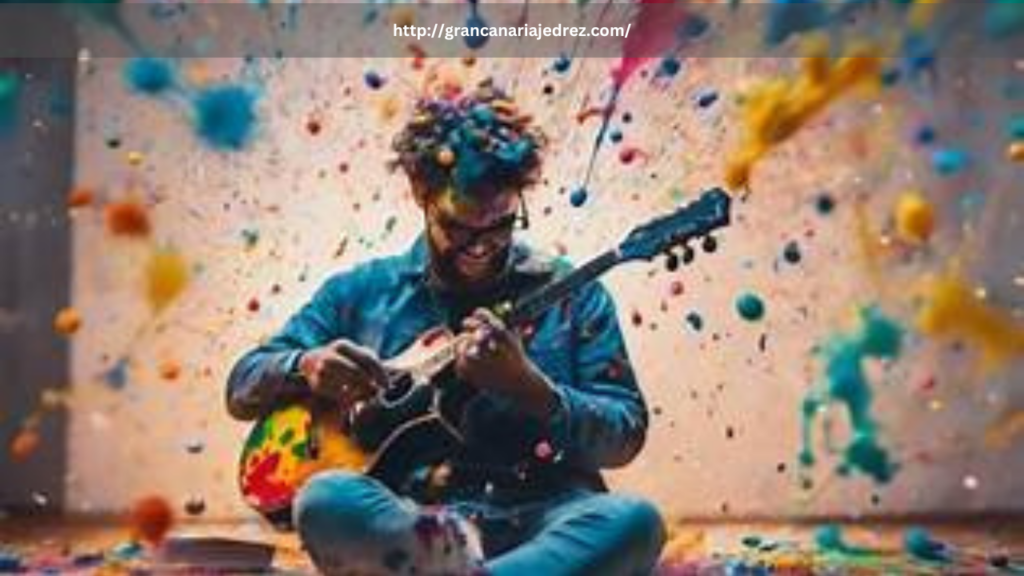
Addiction, trauma, and stress can profoundly impact the brain, altering its ability to regulate emotions, process rewards, and maintain focus. However, the brain is remarkably adaptable, capable of healing and rewiring itself through neuroplasticity. One of the most effective ways to support this healing process is by engaging in positive activities—hobbies that provide joy, fulfillment, and purpose. These activities do more than just pass the time; they help rewire the brain for long-term recovery and well-being.
The Science Behind Neuroplasticity and Healing
Neuroplasticity refers to the brain’s ability to change and adapt by forming new neural connections. When a person engages in destructive behaviors like substance abuse, the brain’s reward system becomes hijacked, prioritizing drugs or alcohol over natural sources of pleasure. This leads to a cycle of dependence, where the brain associates substances with relief and reward.
However, the same mechanism that allows addiction to take hold can also be used for healing. By consistently engaging in positive activities, individuals can retrain their brains to seek and enjoy healthier sources of pleasure, ultimately reducing cravings and improving overall mental health.
How Hobbies Help Rewire the Brain
1. Boosting Dopamine Production Naturally
Hobbies such as painting, playing music, gardening, or even exercising stimulate the release of dopamine, the brain’s “feel-good” chemical. Unlike substances that cause extreme dopamine spikes followed by crashes, these activities provide steady, sustainable levels of pleasure, helping the brain adjust to a new, healthier reward system.
2. Reducing Stress and Anxiety
Many hobbies promote relaxation and mindfulness, which help lower cortisol levels (the stress hormone). Activities like yoga, knitting, or journaling encourage focus and presence, reducing anxiety and promoting a sense of calm. As stress diminishes, the brain becomes more resilient, making it easier to cope with challenges without turning to harmful behaviors.
3. Improving Cognitive Function
Engaging in skill-based hobbies, such as learning a new language, playing chess, or woodworking, strengthens cognitive abilities like memory, problem-solving, and attention span. These activities encourage the brain to form new neural pathways, counteracting the mental fog and impaired decision-making that often accompany addiction and mental health struggles.
4. Enhancing Emotional Regulation
Creative hobbies like painting, writing, or playing an instrument allow individuals to express emotions in a healthy, constructive way. This form of self-expression can be therapeutic, helping individuals process feelings they might otherwise suppress or escape from. Over time, these activities build emotional intelligence and resilience.
5. Encouraging Social Connection
Many hobbies involve social interaction, whether through team sports, book clubs, or community service. Positive social engagement strengthens brain regions associated with empathy, trust, and emotional bonding. Meaningful connections not only provide support but also reduce feelings of loneliness—a major trigger for relapse.
Choosing the Right Hobby for Healing
The best hobby is one that feels enjoyable and sustainable. Some people may find peace in solitary activities like gardening or painting, while others thrive in group settings like dance classes or team sports. Experimenting with different activities can help individuals discover what truly brings them joy and fulfillment.
Final Thoughts
Healing from addiction, trauma, or stress is not just about removing harmful habits—it’s about replacing them with meaningful and enriching experiences. Hobbies provide a natural, sustainable way to rewire the brain, fostering emotional well-being, cognitive growth, and long-term recovery. By engaging in positive activities, individuals can take control of their healing journey, transforming their lives one hobby at a time.